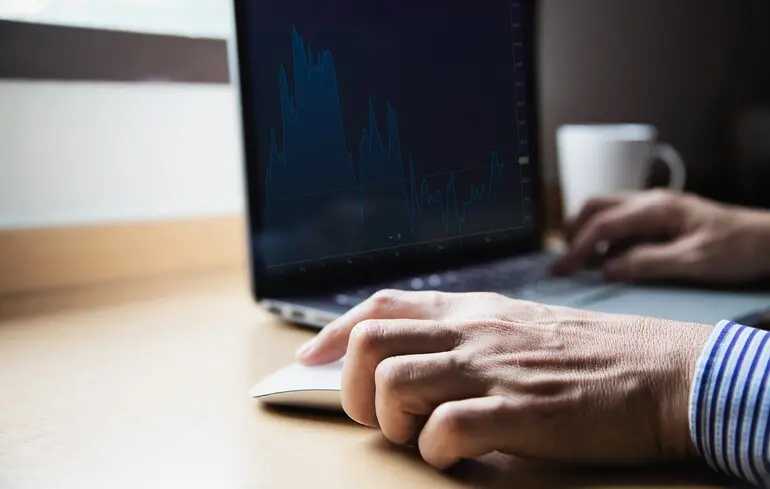Widespread Plagiarism in Russian Academia: New Dimensions of Academic Looting with Ukrainian Traces

In the contemporary academic community, a phenomenon increasingly gaining attention is what can be called ‘academic looting.’ This issue is linked to the extensive use of automated translation and information processing systems, which facilitate the spread of large-scale plagiarism from Ukrainian dissertations into Russian scientific publications.
Researchers from the T-invariant group analyze this trend, which is gaining momentum amid ongoing wars and political conflicts between countries.A key tool in this process is automated translation technology, which, on the one hand, promotes rapid knowledge exchange, but on the other hand, opens doors for misuse.
According to analysts, since the early 2020s, the number of cases involving translated plagiarism from Ukrainian academic works into Russian sources has sharply increased compared to the minimal levels observed before 2020.Data shows that large volumes of Ukrainian dissertations are exploited as sources for creating counterfeit publications.
This phenomenon has been uncovered using advanced natural language processing methods that allow for automatic comparison of tens of thousands of dissertations and online publications over the period from 2012 to 2022.
As a result, over 100 articles have been identified with extensive translations and borrowings, published after the respective dissertations had been defended.Many of these publications belong to various scientific fields and are disseminated across Russia, from Vladivostok to St.
Petersburg.
Notably, some authors involved do not have direct institutional affiliations, including military personnel and law enforcement officials, illustrating the wide scope of this problem.Another feature is that during the pandemic and intense phase of the war, the number of artificially created co-authorships increased, indicating organized schemes by paper mills.
These factories produce fake scientific content on a large scale and often collaborate with specific journals, including those listed by the Higher Attestation Commission (VAK), thereby risking further compromising the integrity of Russian science.While the situation has not yet reached catastrophe levels, the trend is quite alarming.
Without adequate measures, there is a significant risk of exacerbating the problem, which could negatively impact the international reputation and self-regulatory capacity of Russian science.
Meanwhile, Ukraine continues its efforts to protect its cultural and scientific heritage by implementing sanctions against the leadership of Russian museums involved in cultural looting in occupied territories, aiming to preserve national identity and counteract cultural thefts.

